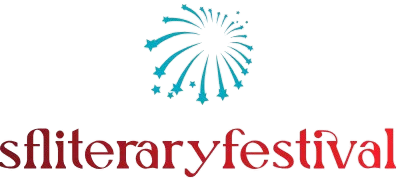Reading non-fiction can be a valuable and enriching experience, allowing you to gain knowledge, explore new ideas, and expand your understanding of the world. If you’re looking to read more non-fiction, here are some tips to help you get started:
Set Reading Goals:
Determine how many non-fiction books you want to read within a specific time frame. Setting goals, whether in terms of the number of books or a certain number of pages per day, can help motivate you to read more non-fiction.
Choose Topics of Interest:
Select non-fiction books that align with your personal interests, hobbies, or areas you want to explore further. Opt for subjects that excite and engage you, making the reading experience enjoyable.
Sample Different Genres:
Non-fiction covers a vast range of genres, such as memoirs, biographies, history, science, self-help, and philosophy. Experiment with different genres and find what appeals to you most. This variety will keep your reading experiences diverse and enjoyable.
Explore Book Recommendations:
Seek out book recommendations from trusted sources, such as friends, family, or online communities. Look for curated lists, reviews, or awards in non-fiction categories to discover books that have resonated with others.
Create a Reading Schedule:
Set aside dedicated time for reading non-fiction every day or every week. Treat it as an important part of your routine, just like any other activity, to develop a regular reading habit.
Mix Non-Fiction with Fiction:
Alternate between fiction and non-fiction to prevent monotony and keep your reading experience balanced. This way, you can enjoy both the imaginative escape of fiction and the learning opportunities offered by non-fiction.
Join a Non-Fiction Book Club:
Consider joining a book club that focuses on non-fiction titles. Engaging in discussions with fellow readers allows you to gain different perspectives, exchange recommendations, and deepen your understanding of the books you read.
Utilize Different Formats:
Explore different formats of non-fiction, such as audiobooks or e-books, if that suits your preferences. Accessing non-fiction through various mediums can make it more accessible and convenient, especially during busy schedules.
Take Notes and Reflect:
Jot down key points, interesting ideas, or any questions that arise while reading non-fiction. Reflect on what you’ve read and engage with the material to enhance your comprehension and retention of the information.
Embrace Learning and Growth:
Approach non-fiction with a mindset of curiosity and openness to new ideas. Embrace the opportunity to learn, challenge your assumptions, and expand your knowledge base.
Remember, reading non-fiction is not only about acquiring information but also about enjoying the journey of discovery. By following these tips, you can develop a deeper appreciation for non-fiction and make reading it a fulfilling and enriching part of your life.




